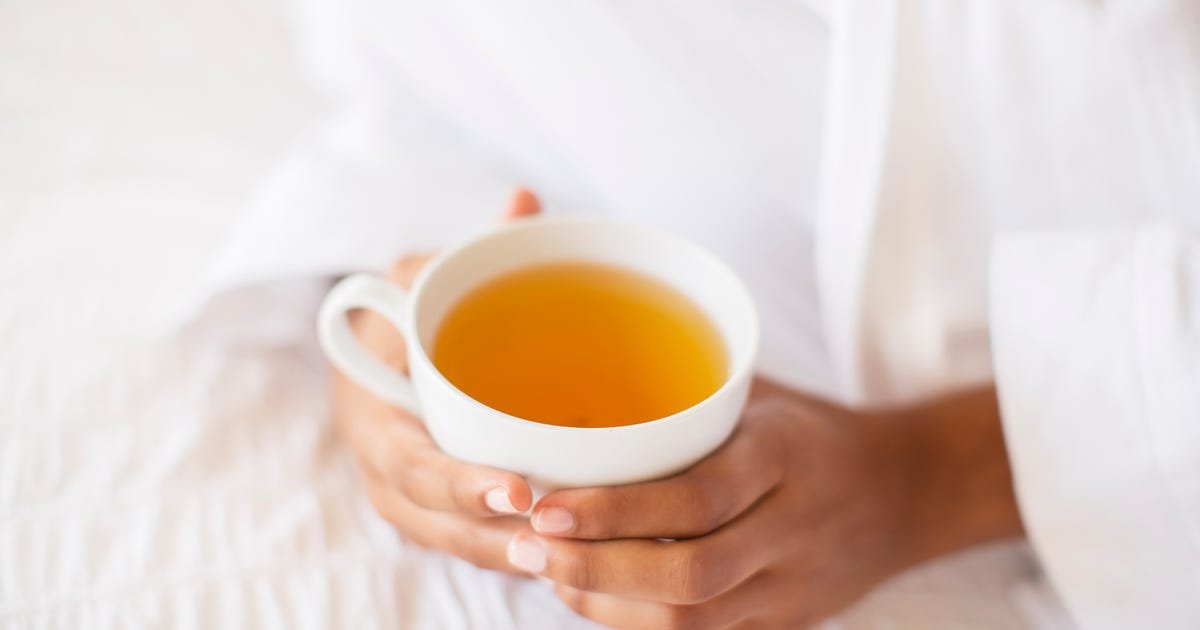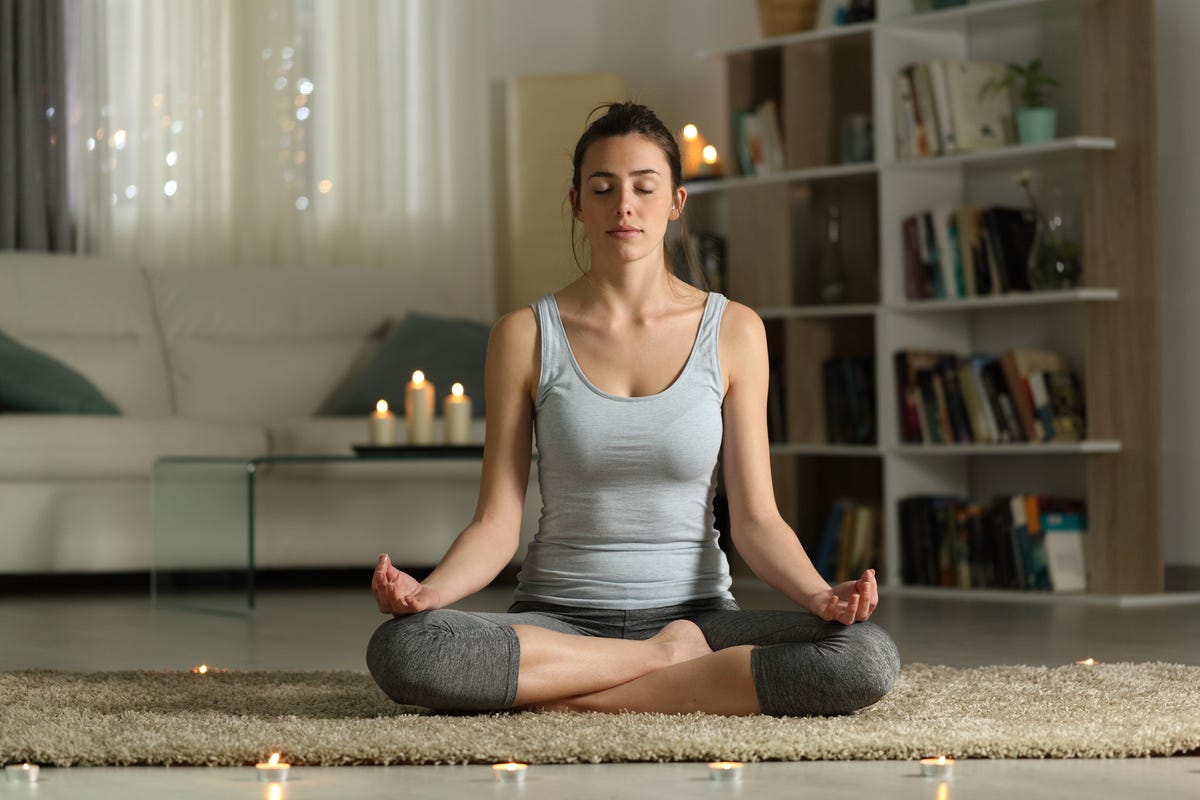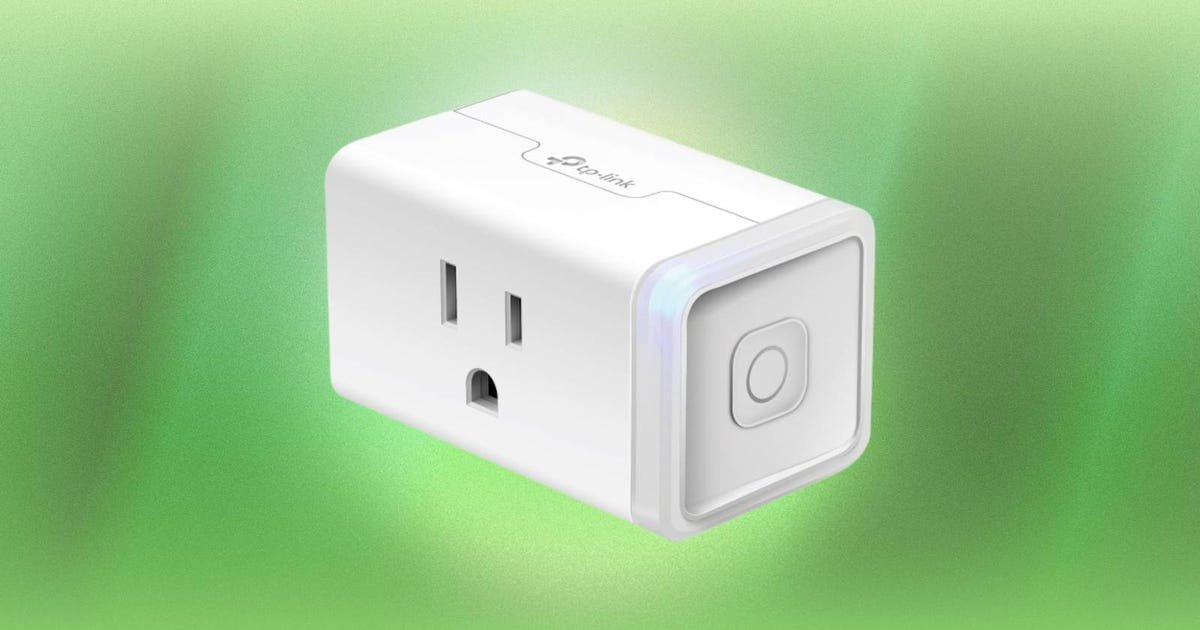
Quit the Melatonin: 7 Natural Insomnia Remedies That Are Better
[ad_1]
This story is part of 12 Days of Tips, helping you make the most of your tech, home and health during the holiday season.
If you struggle with sleep deprivation, it can affect every aspect of your health. Sleep strengthens your immune system, repairs muscle tissue, promotes memory and knowledge retention and even bolsters your mental health. Despite sleep being so essential to our overall well-being, one-third of adults suffer from insomnia symptoms. And if you’re one of them, getting that all-important shut-eye may seem impossible at times. Even the classic tricks — like reading in another room and turning off blue light — can prove ineffective.
CNET
When you search the internet for natural remedies for sleep disturbance, melatonin supplements are usually the first recommendation. However, if you’re skeptical about sleep supplements, struggle with the side effects or would just rather not take any pills that may leave you groggy in the morning, here are seven natural sleep aids and techniques to help ease your insomnia.
For more tips on better sleep, check out the best food to eat before bed, how to take a coffee nap and how to create the perfect sleep playlist.
Brew a hot cup of herbal tea
Brewing tea is an ancient practice. Chamomile, valerian root and magnolia tea are all natural remedies for anxiety, stress and insomnia. Drink a cup of one of these herbal teas at least an hour to two hours before bed — this gives you time to relax, enjoy the tea and use the bathroom before lights off. Be sure to look at the nutrition label to make sure no caffeine has been added to the ingredients.
Put a drop of lavender oil on your pillow
One of the more popular household remedies — essential oils. If tea is not your favorite way to relax before bedtime, floral and herbal fragrances are good ways to aid sleep. Some popular essential oils for sleep are lavender, chamomile, and bergamot. Essential oils should never be ingested, but you can put a little drop on your pillow at night. You can also diffuse essential oils into the air or use dried lavender to make a tea.
Put a few drops of this lavender essential oil in a diffuser to help you drift off. You can also dilute in water and spray a little on your pillow.
You’re receiving price alerts for MAJESTIC PURE Lavender Essential Oil with Therapeutic Grade, for Aromatherapy, Massage and Topical uses, 4 fl oz
Use CBD oils, gummies or creams
CBD, also known as cannabidiol, is derived from hemp plants. CBD is a safe and effective treatment for insomnia that contains almost no THC — the substance in marijuana that alters one’s mental state. Many studies suggest that CBD is very effective in promoting sleep and decreasing anxiety. It comes in many forms, such as oils and lotions. Use before bed to promote sleepiness and relaxation.
Drink tart cherry juice
Sour cherry juice from tart cherries can increase melatonin production in those who consume it before bedtime. In the same study, the group who drank the cherry juice spent more time in bed, asleep and achieved higher overall sleep efficiency. This suggests that tart cherry juice has potential to aid insomnia.
Try dried passionflower or extract oil
Not to be confused with passionfruit — passionflower is a fast-growing vine that produces vibrant flowers. Not only is the plant beautiful, it can even help you fall asleep either by herbal tea or extract oil. A recent study concluded that passionflower has the potential to treat insomnia. However, it is not recommended for those who are pregnant.
Make sure you’re getting enough magnesium
Magnesium, a powerful nutrient, is responsible for regulating hundreds of processes in the body — including sleep. Magnesium is found naturally in foods such as nuts and seeds, spinach, soy milk, yogurt and whole grains. Try lightly snacking on foods high in magnesium an hour or two before bed. If you believe that you aren’t getting enough magnesium in your diet and suspect it could help your sleep, try adding a supplement.

Focusing on your breathing can help you relax before bed.
AntonioGuillem/Getty Images
Practice yoga and meditation before bedtime
Strenuous exercise before bed is not always a good idea, but practicing light yoga or meditation before bed has been linked to decreased insomnia and better sleep. Go through simple yoga poses, such as cat-cow, forward fold or bridge, focusing on your breath and feeling the stretch. There are also many self-guided meditation apps available.
For more health tips, here’s how to create the ideal environment for better sleep and how to sleep cooler without air conditioning.
The information contained in this article is for educational and informational purposes only and is not intended as health or medical advice. Always consult a physician or other qualified health provider regarding any questions you may have about a medical condition or health objectives.
[ad_2]
Source link



